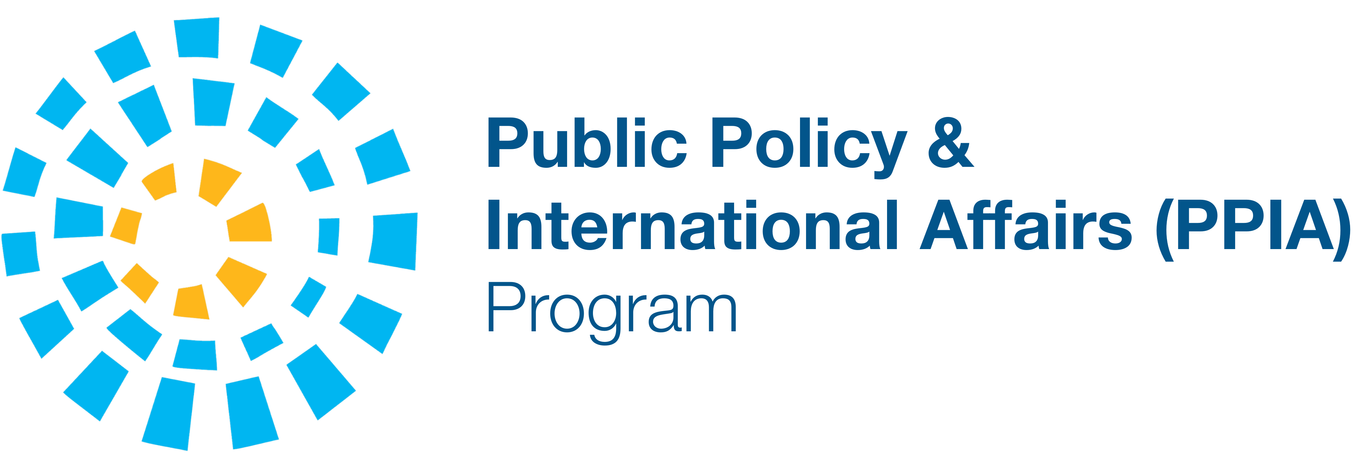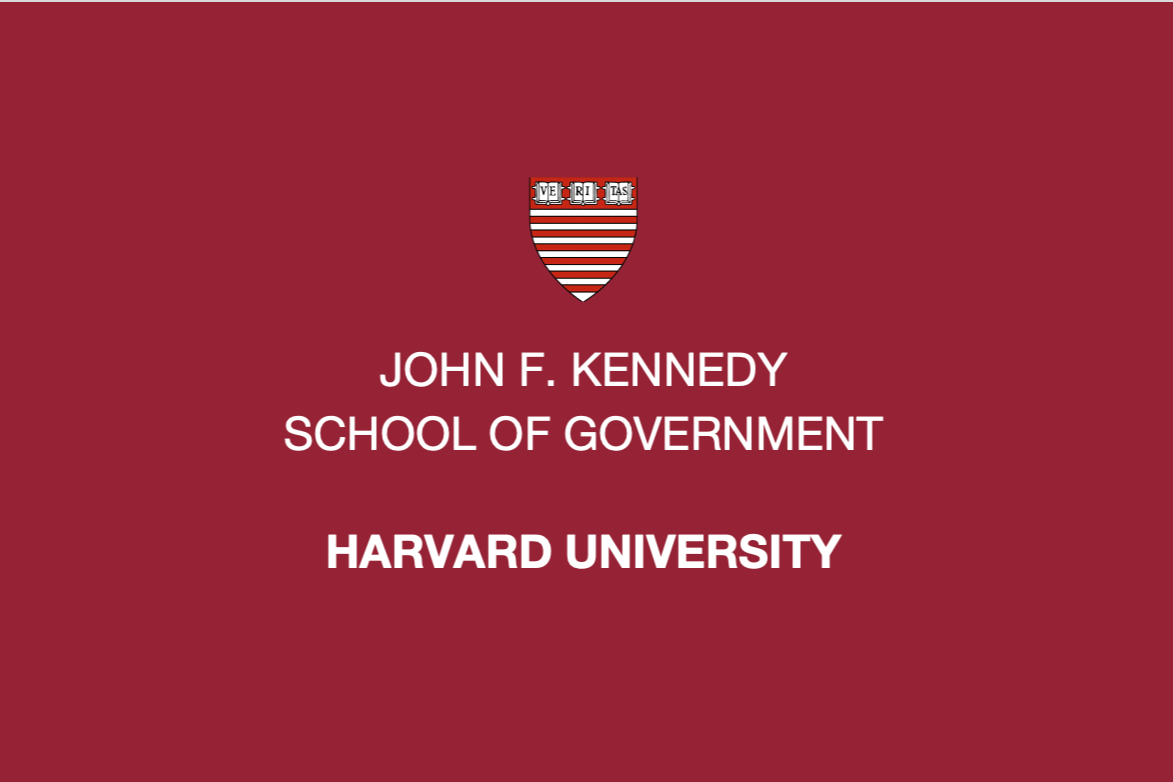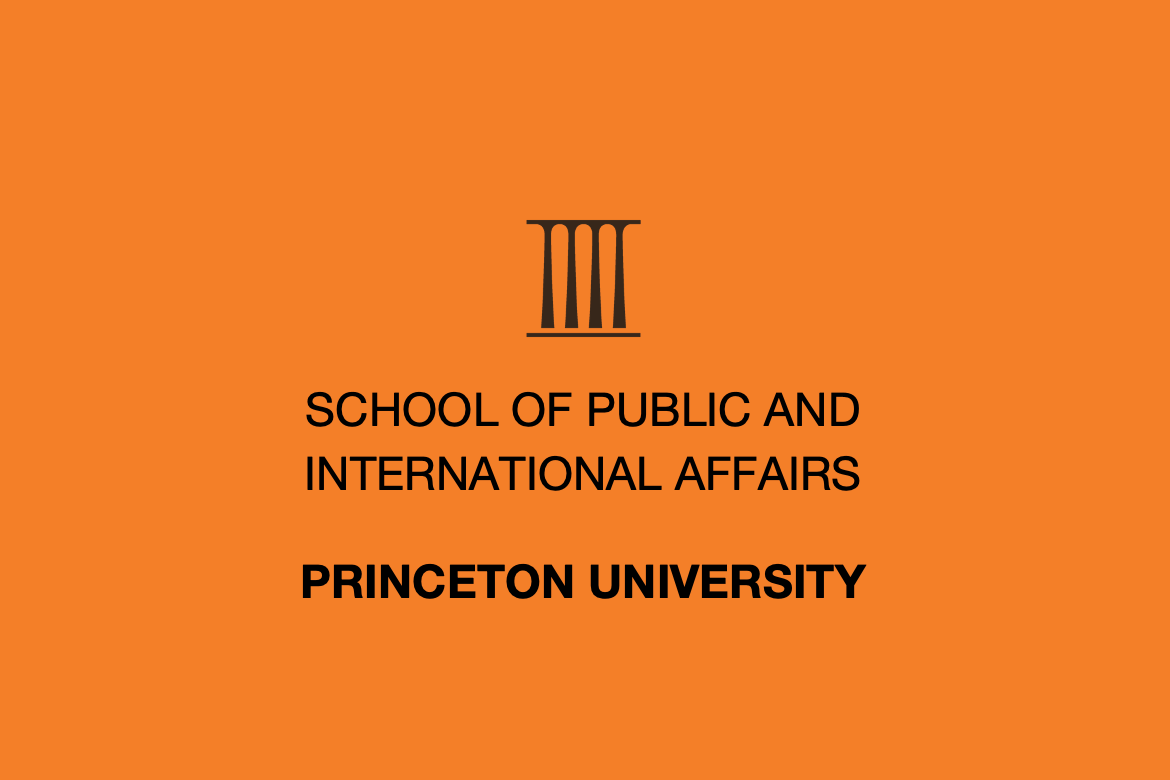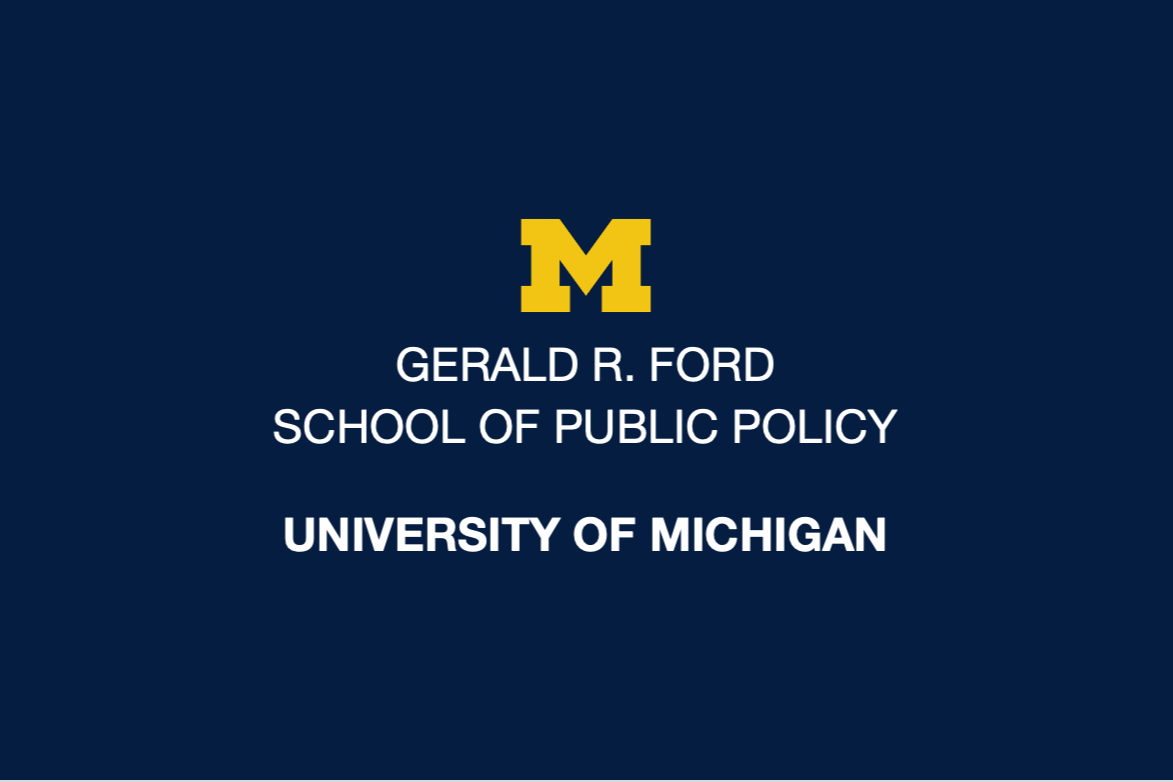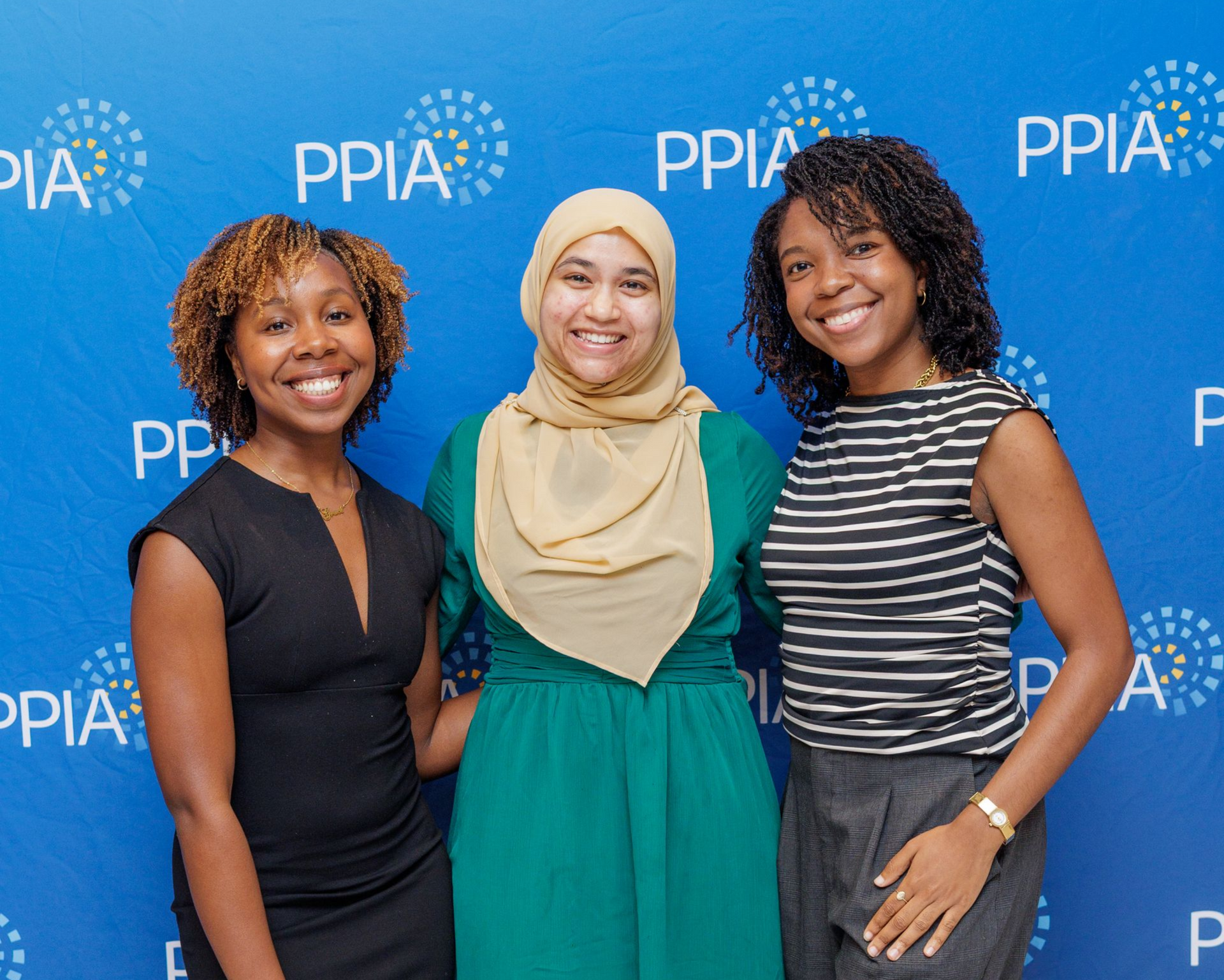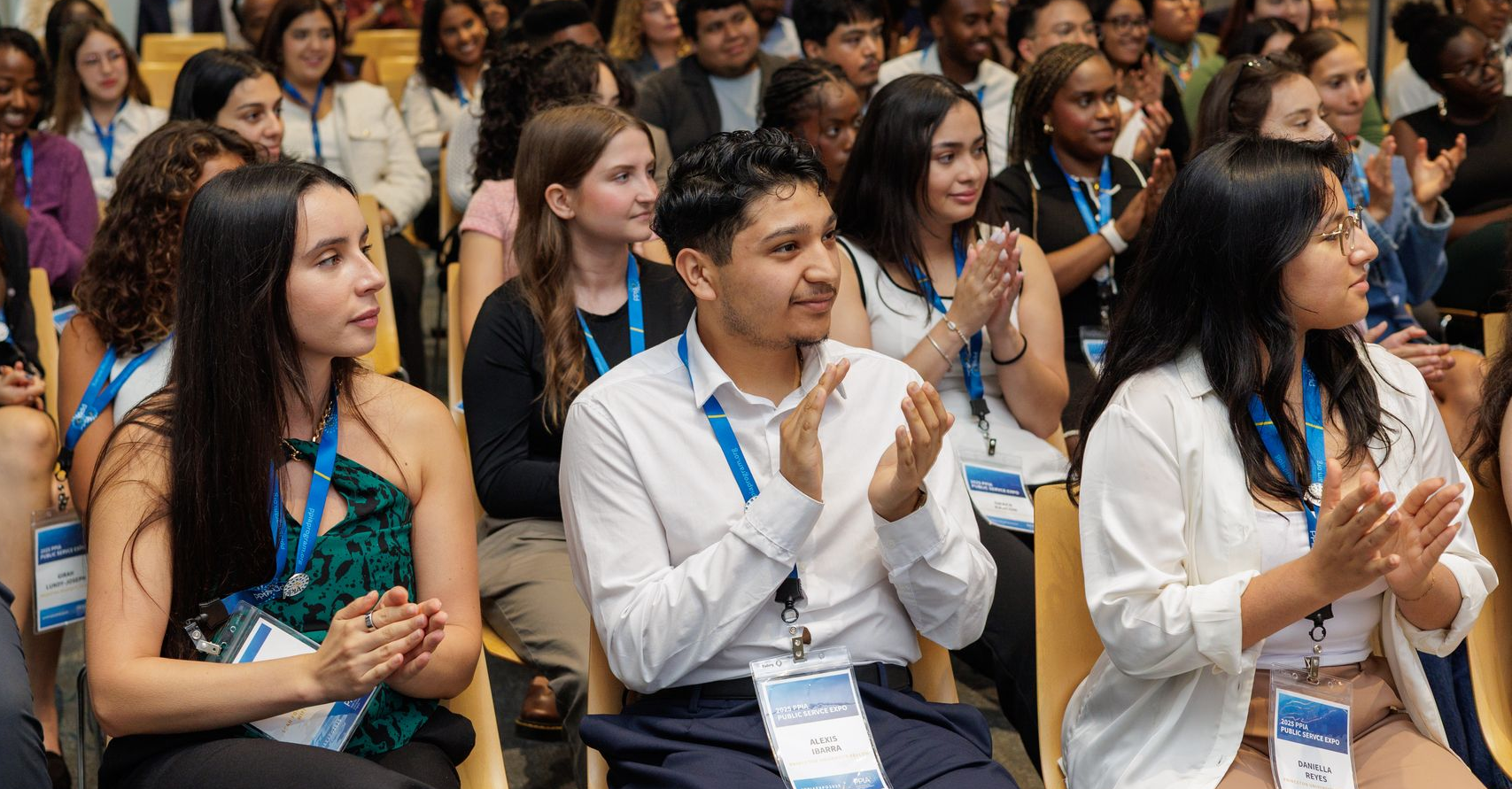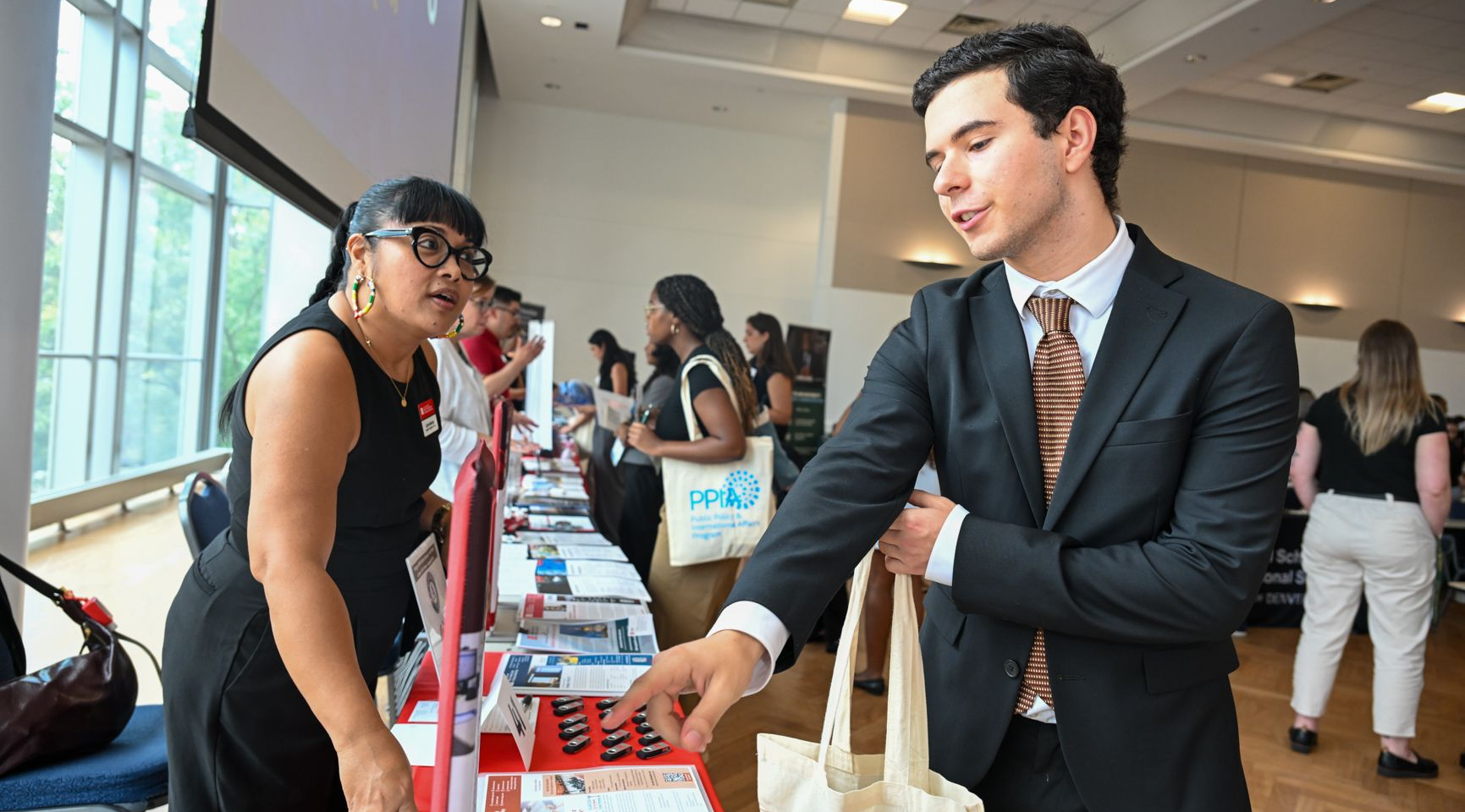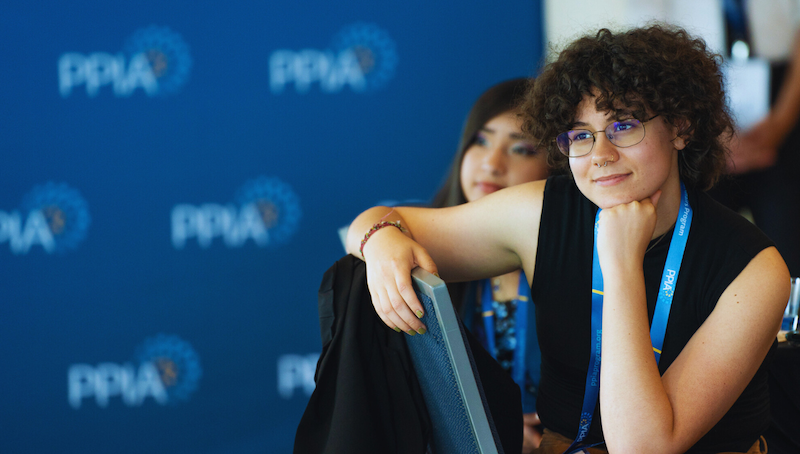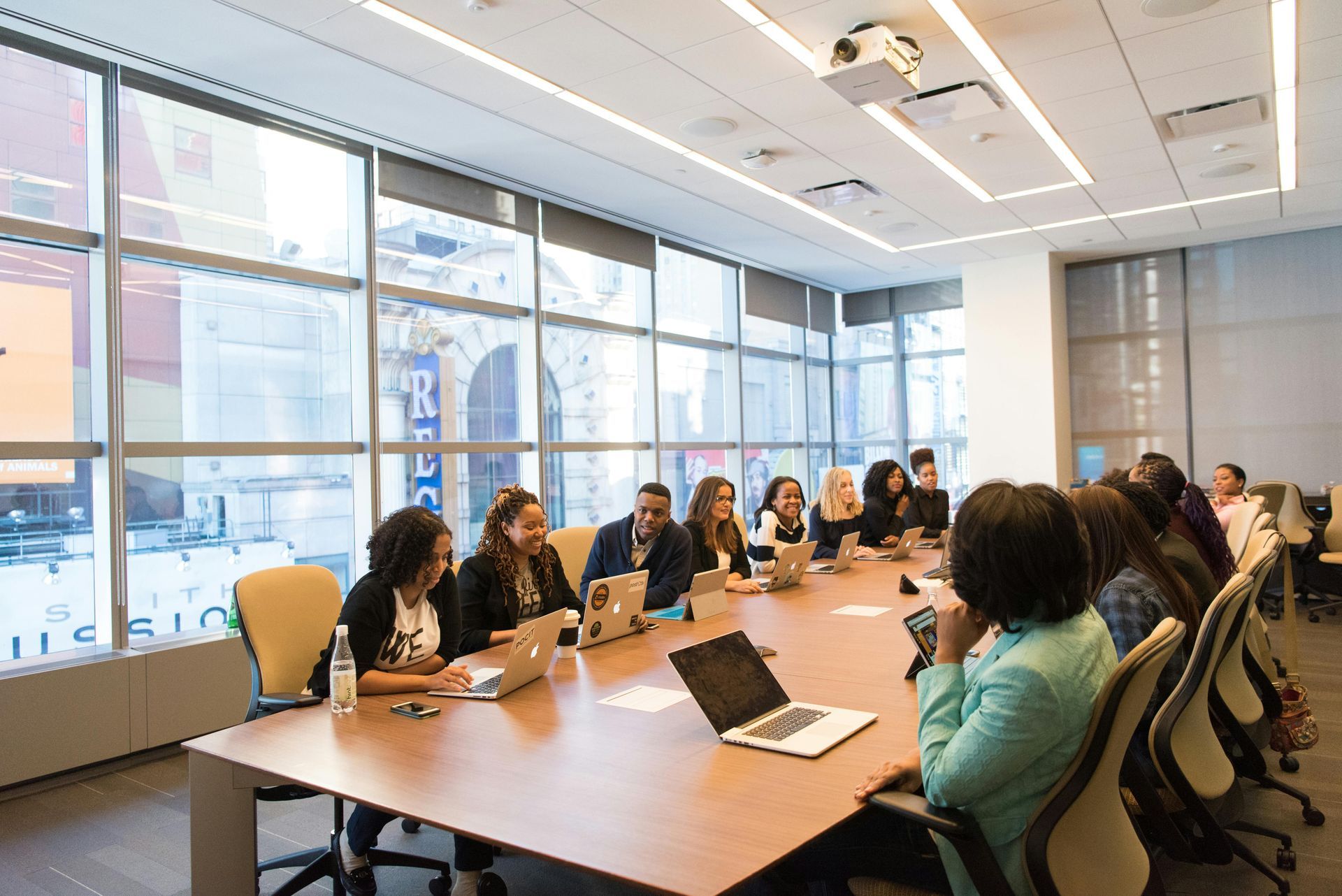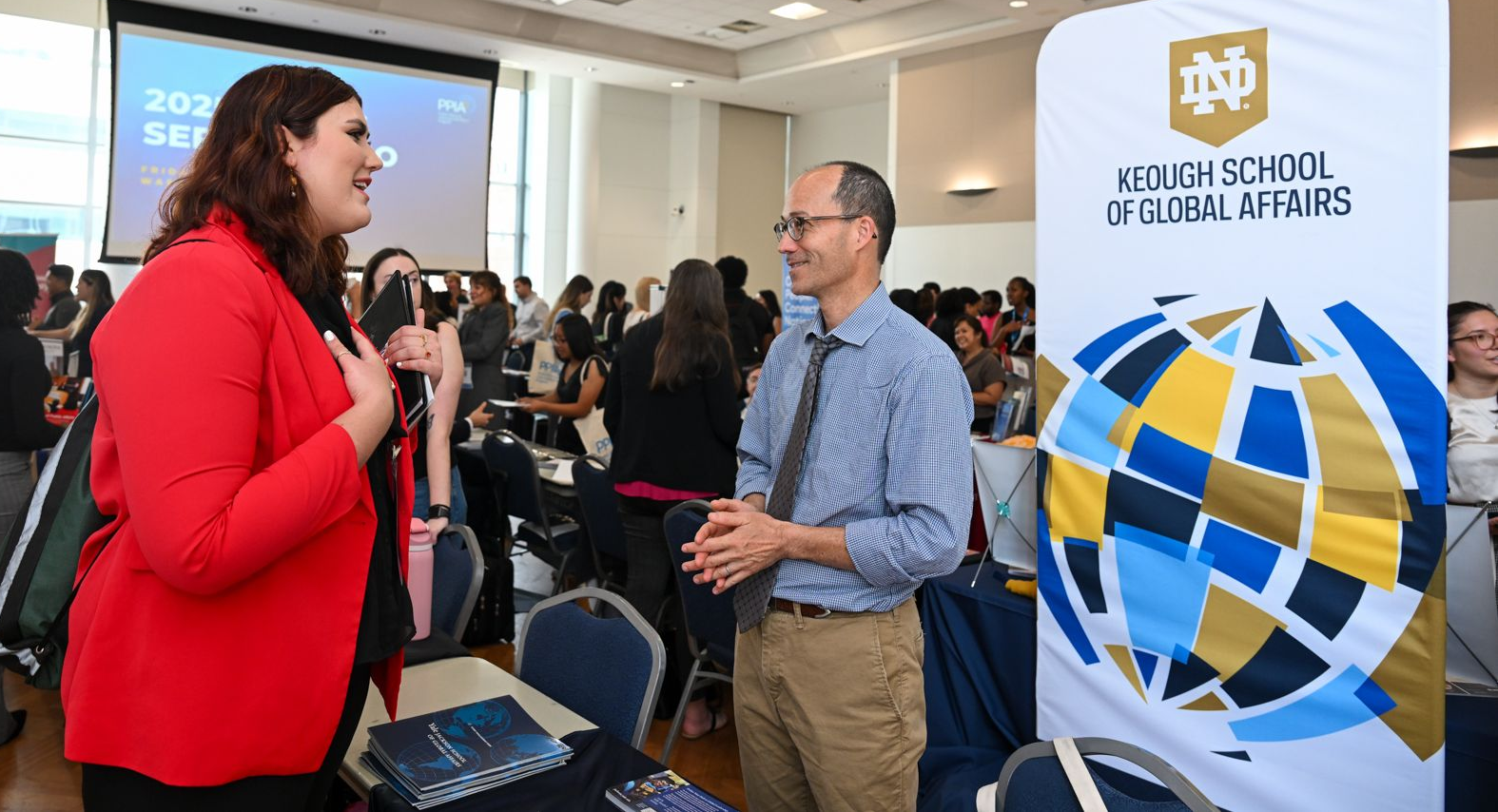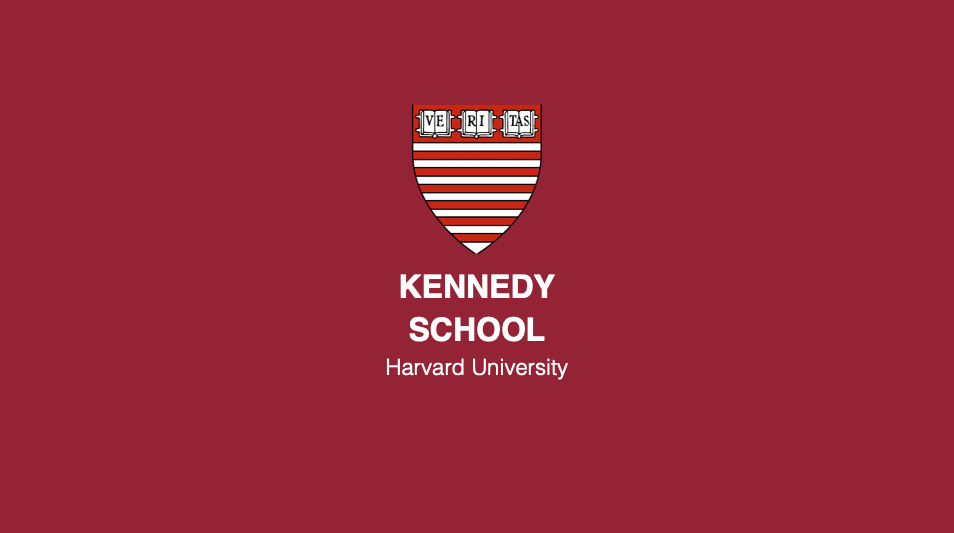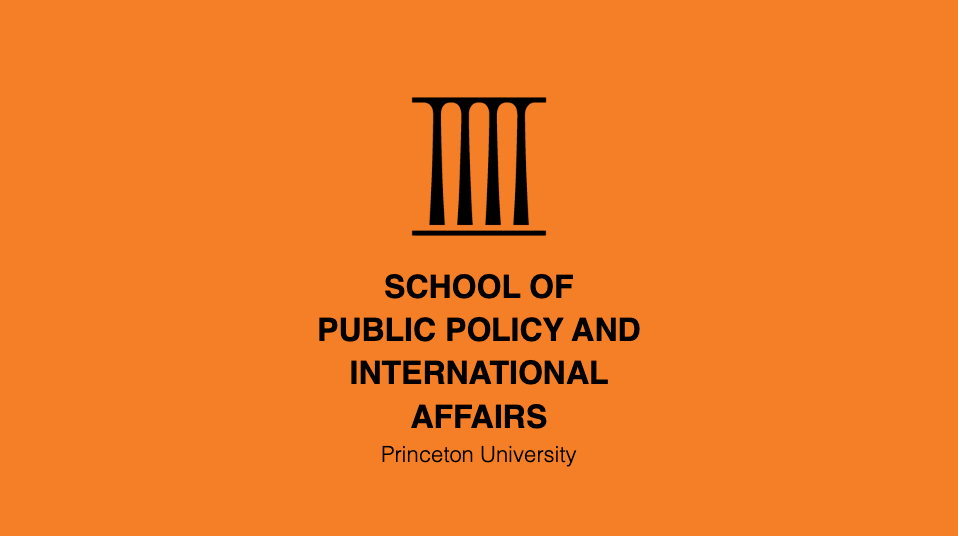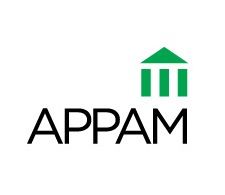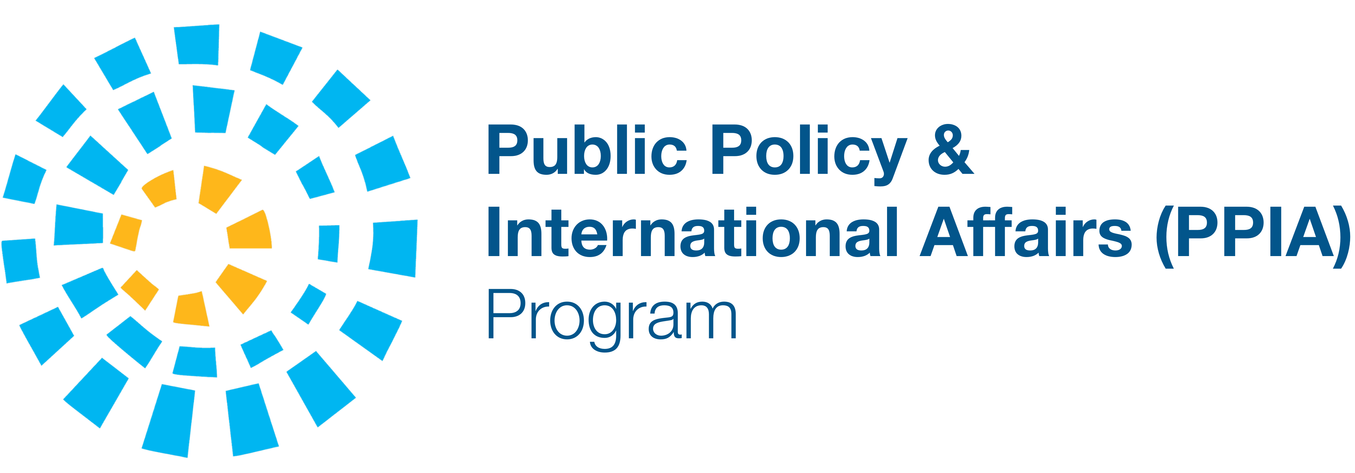Opening Doors To
Public Service Leadership
PPIA prepares emerging leaders for impactful careers in public service through immersive learning and lifelong professional support
PPIA News
PPIA Welcomes the 2026 Junior Summer Institute Fellows and Advances the Future of Public Leadership
Your Path Starts Here
Step in with passion. Step out as a leader.
PPIA Junior Summer Institute (Fellowship Program)
Ignite your passion for public service through PPIA’s Junior Summer Institute (JSI), a six-week program where you gain the skills, confidence, and connections to launch graduate studies and a career in public policy and international affairs.
Service Corp Policy Academy
Sponsored by the Volcker Alliance, this three-week academy spans Washington D.C. and University of California, Berkeley, University of Minnesota, and University Washington to build the skills and network to launch your public service career.
PPIA Public Service Expo
Discover what’s possible and build your network, connect with top graduate programs and employers, gain guidance, and take the next step toward shaping change in public service.
PPIA Public Service Weekend
Step into the world of public service and meet inspiring leaders, explore career paths, tackle real policy challenges, and spark your journey toward meaningful impact.
PPIA Virtual Graduate Fair
Connect with top graduate schools and leading employers from anywhere, and explore programs, career opportunities, and meaningful connections in this interactive virtual event.
PPIA Graduate School Partners
This network of leading policy and international affairs schools expands access, opportunity, and pathways into public service careers.
